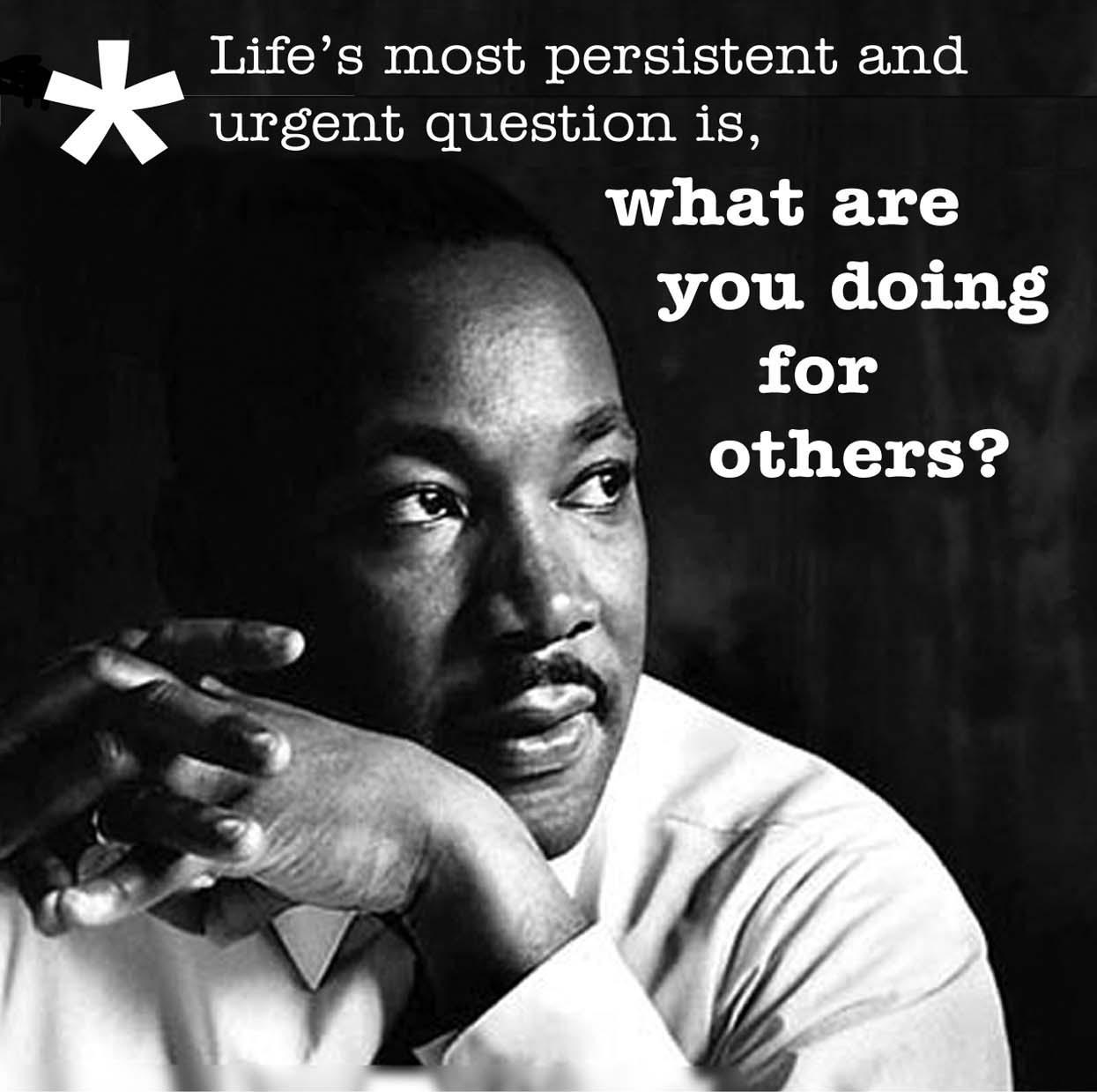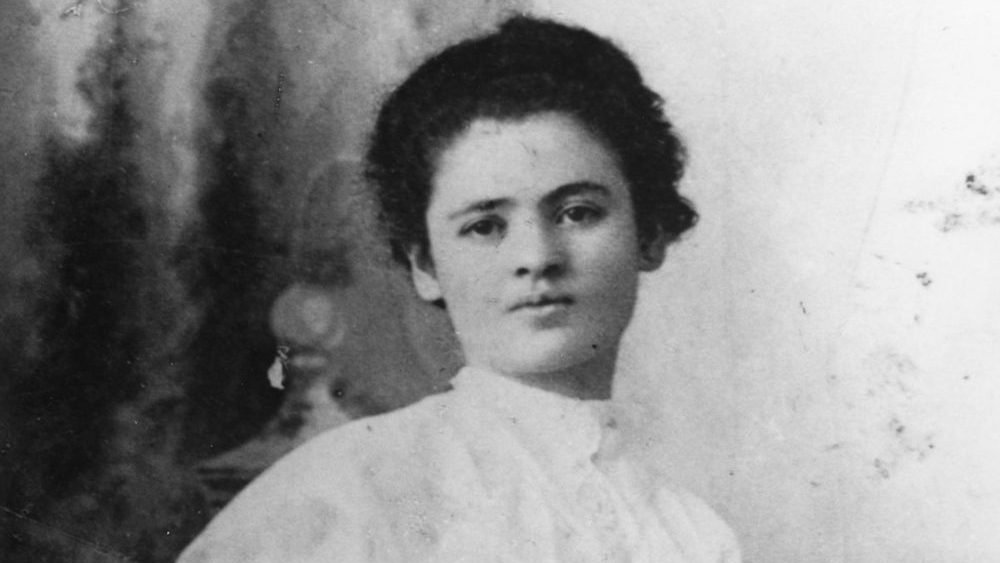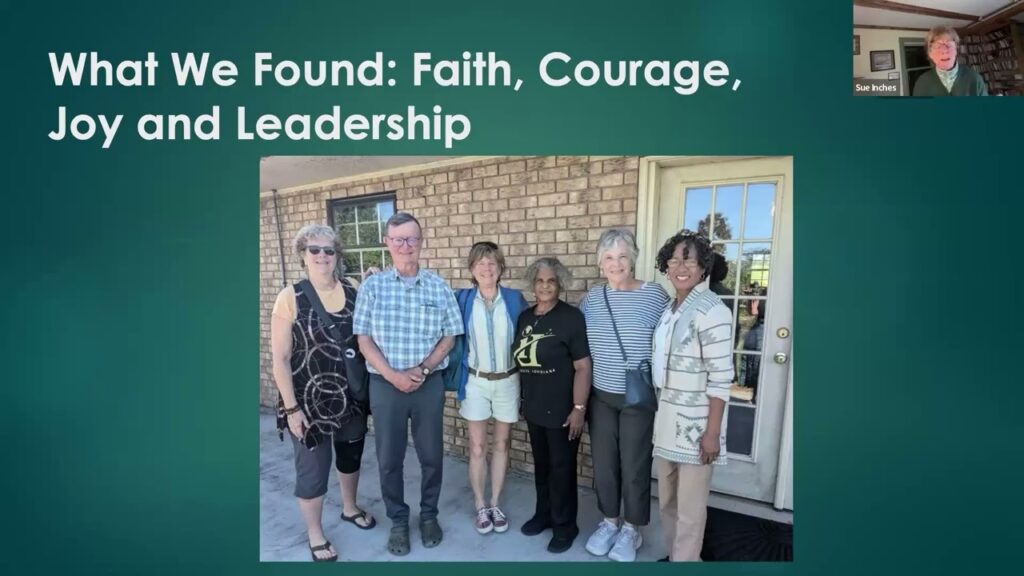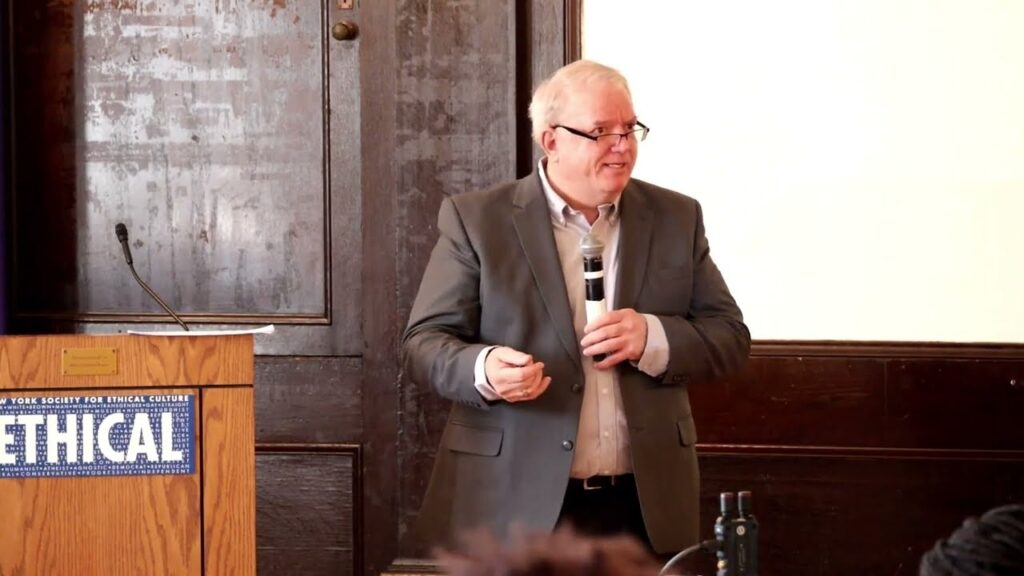

On November 2, 1983, President Ronald Reagan signed a bill making Martin Luther King Day a federal holiday as of January 20, 1986. The proclamation read, “This year marks the first observance of the birthday of Dr. Martin Luther King, Jr. as a national holiday. It is a time for rejoicing and reflecting. We rejoice because, in his short life, Dr. King, by his preaching, his example, and his leadership, helped to move us closer to the ideals on which America was founded. . . He challenged us to make real the promise of America as a land of freedom, equality, opportunity, and brotherhood.”
Today there are myriad ways to honor the memory of Dr. Martin Luther King, Jr., including interfaith commemorations, service projects and marches. This year, I chose to join a group of young activists and community organizers who drew attention to issues of persistent racial injustice, especially in police enforcement and criminal justice. The deaths of Michael Brown in Ferguson, MO and Eric Garner in Staten Island, NY, and the decision of the respective grand juries not to indict the police officers who killed them, brought together, under the banner of The Gathering for Justice (http://www.gatheringforjustice.org/), a social justice organization founded in 2005 by Harry Belafonte, a diverse task force calling themselves Justice League NYC, whose demands include passage of transparency rules called the “Right to Know Act,” an end to NYPD’s “Broken Windows” policing tactics, and juvenile justice reform.
These young civil rights activists, here in NYC and across the country, are unlike traditional leaders, having more in common with the Occupy movement than with the NAACP. While they respect Dr. King, most don’t see him – or his movement, with its oratory, top-down organization, misogyny and Christianity – as a model to be copied. The people I met, including Carmen Perez, a protégé of Belafonte’s who helped form Justice League NYC; Tamika Mallory, Community Affairs Director for local Radio 103.9; and Linda Sarsour, executive director of the Arab American Association of NY, inspired hundreds of people to join them on January 19 for a march from 110thStreet and Lenox Avenue to United Nations Dag Hammarskjold Plaza on East 47th Street. We were young and old, of many origins, faiths and colors; united in the hope of realizing the dream Dr. King expressed in 1963 of judging people not “by the color of their skin but by the content of their character.” The day before, at NYSEC’s annual MLK Remembrance platform, we welcomed Kira Shepherd, newly appointed Executive Director of The Black Institute, another young civil rights leader whose interview with me you can view at
https://www.youtube.com/watch?v=Hwbu-HMcTQw.
According to Peniel Joseph, director of Tufts University’s Center for the Study of Race and Democracy, “There’s no one iconic leader now. Instead you have thousands of young people who brought other people into the street. They’re Millennials [defined as being born between 1977 and 1992]. They didn’t come through a conventional civil rights organization.” As the rapper Tef Poe put it at a St. Louis rally: “This ain’t your grandparents’ civil rights movement.” This younger generation communicates through speeches, as well as art, music and social media. They are impatient with the spotlight-grabbing of their elders, choosing to organize direct and peaceful actions that call upon diverse coalitions.
To answer “life’s most persistent and urgent question” of what I am doing for others, I stand with today’s young leaders. I support them and will give them a platform. With their inclusive and horizontal organization structure, with their creative devotion to human rights, they are inspiring not only their generation but all generations. They are our hopeful future.







